Govt failed to stop authoritarian practices: TIB
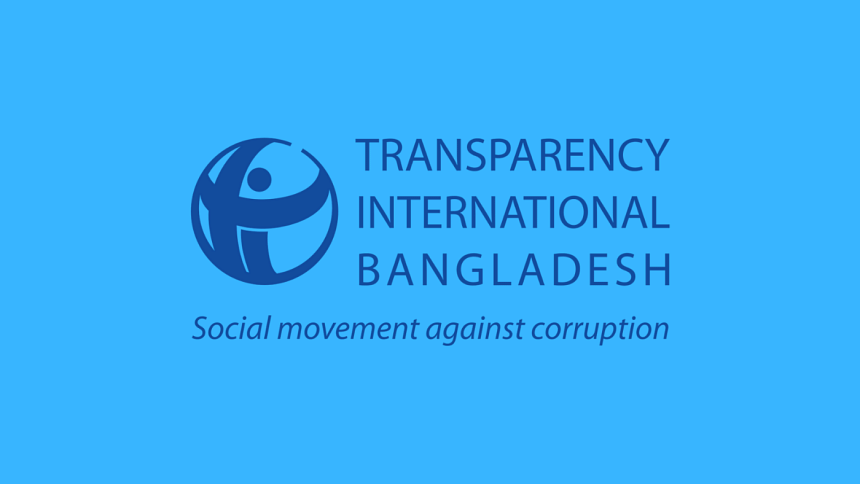
The interim government's failure to curb persistent malpractice in politics, governance, and society stands in the way of dismantling the authoritarian system, says Transparency International Bangladesh (TIB).
"We overthrew an authoritarian regime, but unless we reform these authoritarian practices, we cannot really create a new Bangladesh," said TIB Executive Director Iftekharuzzaman at the launch of a report at the TIB auditorium in the capital yesterday.
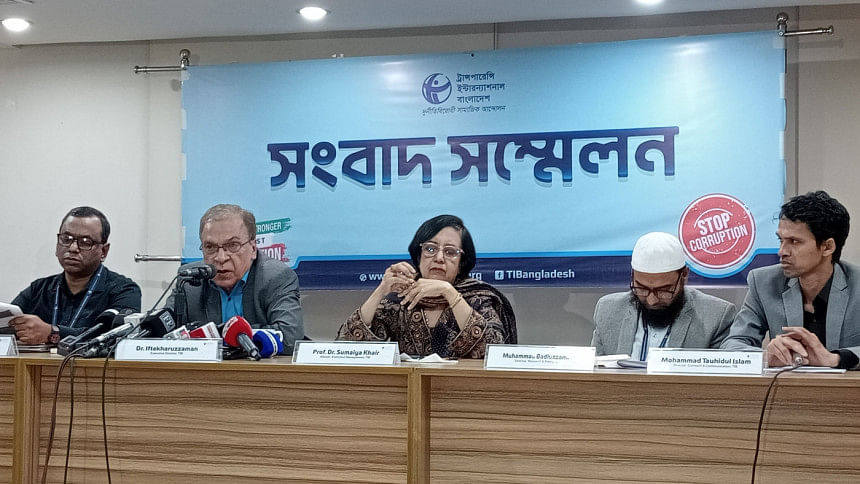
TIB researchers Shahzada M Akram and Mohammad Julkarnayeen presented the report, titled "One Year After the Fall of Authoritarian Regime: Expectation and Achievement", which was prepared based on events from August last year to July this year.
According to the report, while the interim government made some important progress on reforms, the challenges remain enormous.
"There are troubling signs of corruption, conflicts of interest, and attempts to undermine the Anti-Corruption Commission," said Iftekharuzzaman.
The report states that 121 people were killed and 5,189 injured in 471 incidents of political violence across Bangladesh between August last year and June this year.
BNP was involved in 92 percent of the incidents. The Awami League followed at 22 percent, while Jamaat-e-Islami and the National Citizen Party accounted for 5 and 1 percent respectively, the report added.
Following the fall of the AL regime last year, political parties took control of various businesses and operations once dominated by AL men.
"Political parties collect Tk 2.21 crore every day from 53 transport terminals and stands in Dhaka city. They have also taken over leases of bridges, marketplaces, jetties, and quarries across the country," researcher Julkarnayeen said.
Moreover, these parties also filed politically motivated cases and disrupted law and order by forming mobs, blocking roads, and surrounding police stations, he added.
In response, the interim government has often appeared lenient, he noted.
"Some religion-based parties, including Jamaat-e-Islami, rejected the Women Reform Commission and its report, while Hefazat-e-Islam's derogatory remarks towards women ran counter to the spirit of the July uprising."
Julkarnayeen further added that such parties were involved in destroying shrines, halting cultural programmes, attacking libraries and minority communities, and harassing women in the streets.
"Political parties tabled many proposals but have not initiated democratic practices or internal reforms for integrity.
"Political parties also continue the politicisation of administration and educational institutions."
In his presentation, researcher Shahzada noted an alarming rise in mob violence, saying people have been killed in mob beatings, and the chief adviser's press secretary referred to such mobs as "pressure groups".
He said cases have been accepted indiscriminately, and incidents of extrajudicial killings and deaths in custody persisted. "Police remained inactive in fulfilling their responsibilities during such events."
While the interim government formed a commission to probe enforced disappearances, Shahzada said its position on holding the armed forces accountable remains unclear. He added that its stance on dismantling the Rapid Action Battalion (Rab), accused of numerous human rights violations, is also ambiguous.
The government has formed 11 reform commissions, Shahzada said, but the rationale behind the process of forming commissions on media, health, women, labour, and local government was unclear. He pointed out that important sectors such as education and the private sector have been sidelined.
Moreover, there is no clear roadmap for implementing the recommendations of these commissions, he observed.
He flagged complaints that the six reform commissions on administration, judiciary, election, constitution, police, and anti-corruption lacked representation from religious and minority communities.
"There is no initiative to reform intelligence agencies such as the DGFI, DB, NSI, and NTMC, which were used to institutionalise authoritarianism, violate basic rights, extort, and manipulate the financial sector.
"We continue to witness chaos and indecision in public administration. There is a serious lack of transparency in recruitment and promotion within the administration, judiciary, and educational institutions."
Shahzada noted that many who were promoted had previously faced allegations of corruption and breaches of administrative discipline. Yet, they received privileges under the pretence of having been deprived.
"The trend of political partisanship in the judiciary still prevails."
He warned that banning the Awami League's activities under pressure from certain political parties risks future repression of political opposition.
TIB's research report said that a political party, or "king's party," was formed with the support of the government.
When a journalist asked, "Who is this king's party?" In reply, Dr Iftekharuzzaman said, "There is nothing to hide. It is the Jatiya Nagorik Party [National Citizen Party]. It has been described as a king's party. Because two of its allies are currently part of the government, it qualifies as a king's party."
The TIB executive director said the political journey after August 5 was unfortunate.
Explaining this, he said, "From that afternoon, some top leaders of the existing political parties started favouritism, extortion, and making money from legal cases. Over the past year, these things have increased. Even actions taken from the top level of the parties could not stop it."
"The new political parties also followed the same model from the beginning. They got involved in extortion, and moved forward on a self-destructive path," he added.
Iftekharuzzaman acknowledged that, despite many challenges, there have been positive developments, including reforms in the judiciary, preparations for the upcoming national election, and improvements in governance.
"However, the standards of good governance are yet to be achieved. Political parties, civil society, and even the media have not consistently fulfilled the roles demanded by these times," he said.
Iftekharuzzaman criticised the government's tendency to cherry-pick trivial recommendations from commissions while neglecting deeper reforms.
He said that although consensus was reached on curbing executive overreach -- a hallmark of authoritarianism -- some political parties only offered conditional support, agreeing to this reform only if they came to power. This, he said, is extremely troubling.
"There is still no clarity about the legal standing of the July Charter. Even if signed by all parties, what enforceable power will it hold?" he asked. "How will it be implemented?"
"I'm not suggesting these concerns have triggered a crisis yet. But they deserve national attention, as they pose a significant risk."
Iftekharuzzaman concluded by saying that the opportunity to build a new Bangladesh must not be squandered.
"If the July Charter can be transformed into a legally binding document, allowing citizens to hold politicians accountable for their commitments, we may avoid repeating past authoritarianism.
"If not, we risk slipping backwards. And next time, it may take 54 days, not 54 years, for people to rise again."

 For all latest news, follow The Daily Star's Google News channel.
For all latest news, follow The Daily Star's Google News channel. 

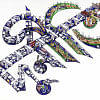


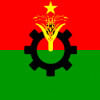
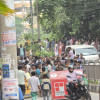


Comments